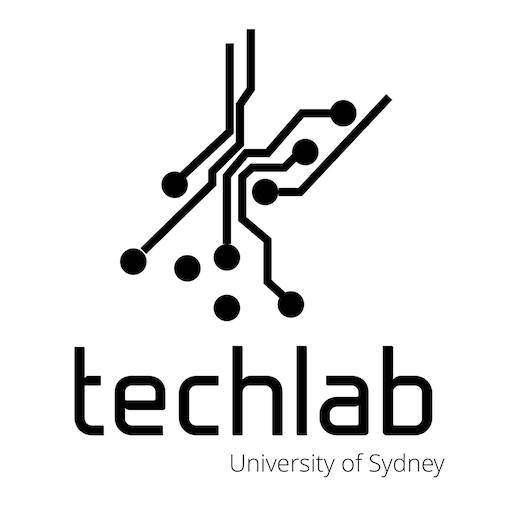Digital Fluency: a graduate quality
Unity is a game development engine that is not only leveraged by AAA Game Studios, but increasingly by other industries as a communication and interaction platform. Thanks to the Unity Academic Alliance, we took the opportunity to integrate it into learning and teaching and trial it as a pedagogical tool, empowering the Medical Science curriculum through creativity and digital Fluency.
While digital literacy is important, the leaders of tomorrow will require digital fluency – the ability to navigate and utilise software for creativity, storytelling and problem-solving, and set the foundation for continued learning outside of their academic degrees.
For the past 2 years, we have been evolving a game development curriculum inside medical sciences. There are 3 reasons we have undertaken this journey;
- Graduate outcomes:
The University of Sydney's Education Strategy propounds a list of graduate qualities, among which are inventiveness, critical thinking and problem-solving, information and digital literacy and interdisciplinary effectiveness. We believe that game design and development greatly supports these capabilities. - The memory palace technique:
Modern research shows that high performing mental athletes, the sort of individuals who engage in trivia competitions and game shows as a career, learn new information; they engage regions of the brain known to be involved in two specific tasks: visual memory and spatial navigation. (insert graphic of mind palace).
They deliberately and purposefully encode the data with a visual representation and location within a kind of memory palace.
We believe that visually structuring learning and making it interactive makes it 'sticky' in the minds of learners. - Learning should be interesting, immersive and challenging
The COVID pandemic has reinforced the fact that the 120-minute lecture is not conducive to engaged learning. Research on lecture watching statistics worldwide continue to trend towards shorter more involved and impactful chunks of information, and participation and co-creation as the true drivers of knowledge retention. We believe game design and development to be one of the most participatory learning experiences a student can undertake.
The Challenge:
Medical science students are not game developers, most have never heard of Unity and their experience even with software development is limited.
We scaffolded the game capability across 3 years, in the first instance giving them heavily templated projects to work on to increase familiarity with the tools.

At first, we simply provided a template space for students to populate. This was loosely based on the shape of our existing Chau Chuk Wing museum, and would be recognisable to them. This was moderately effective, and introduced constraints and barriers. With a very diverse and talented cohort, the learning impact was varied, as it set a level of expectation but also made it difficult for students who wanted to flex their creativity. With that in mind, we began a capstone program with our Computer Science students to simplify the flow from web based architectural design, to Unity based interactive experience development.

Currently, we have limited exposure to Unity in the second year of the course, but we are working towards making it holistic. Throughout their second year, medical science students are exposed to a lot of complex information around anatomy, histology, pathology and a myriad of other challenging subjects. We have begun the work of creating 3D assets for a lot of these subject areas and storing them in our virtual asset management system Eta-Ki. While not limited to the medical sciences, our system caters to a massive number of file formats and allows for sharing and embedding in the University LMS system.
Third year is when the real challenging work begins: the capstone experience. This year, we really dialled in the approach for having students develop Interactive Unity experiences in small teams. The outcomes speak for themselves in terms of quality, but more so the student experience described in their own reflections and reports paints an engaged learning cohort, that understand the cross disciplinary application of the skills they have developed.
Furthermore, we have qualitative feedback indicating the value of this approach. Students entering the workforce with these skills contributing to their employability, and understanding that all jobs are technology jobs, from clinical roles, through to construction and facilities services.
These projects were delivered in a wide range of modalities, some projects were web based, some were games you installed, and still others were mobile applications designed to be used on the phone. As someone who has spent a lot of time making "apps", the speed at which real, high-quality products were delivered by non coders continues to impress me.
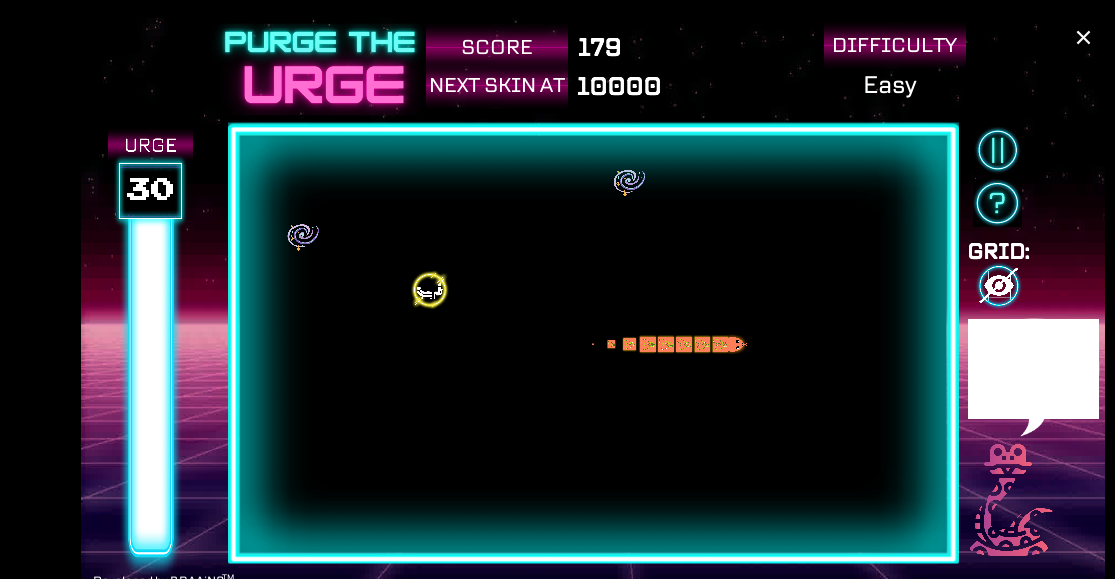
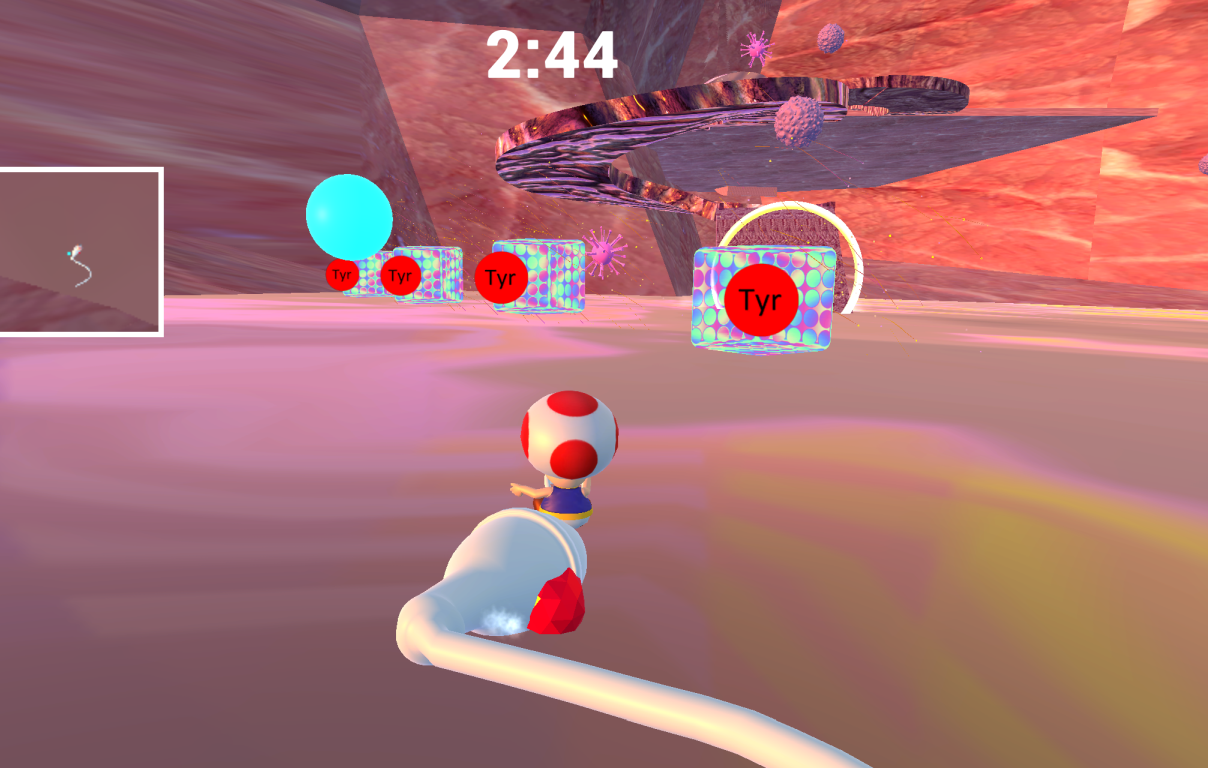
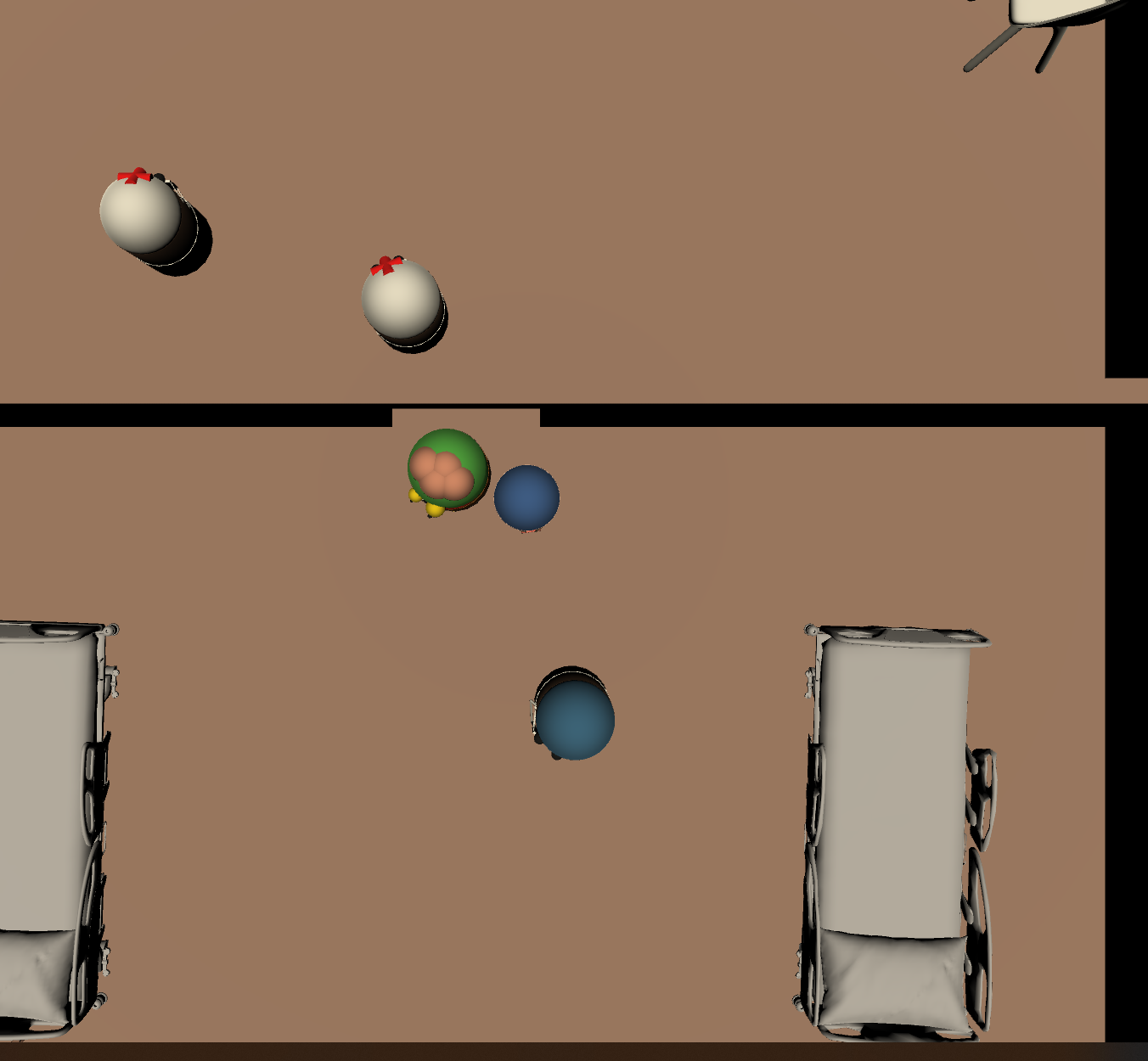
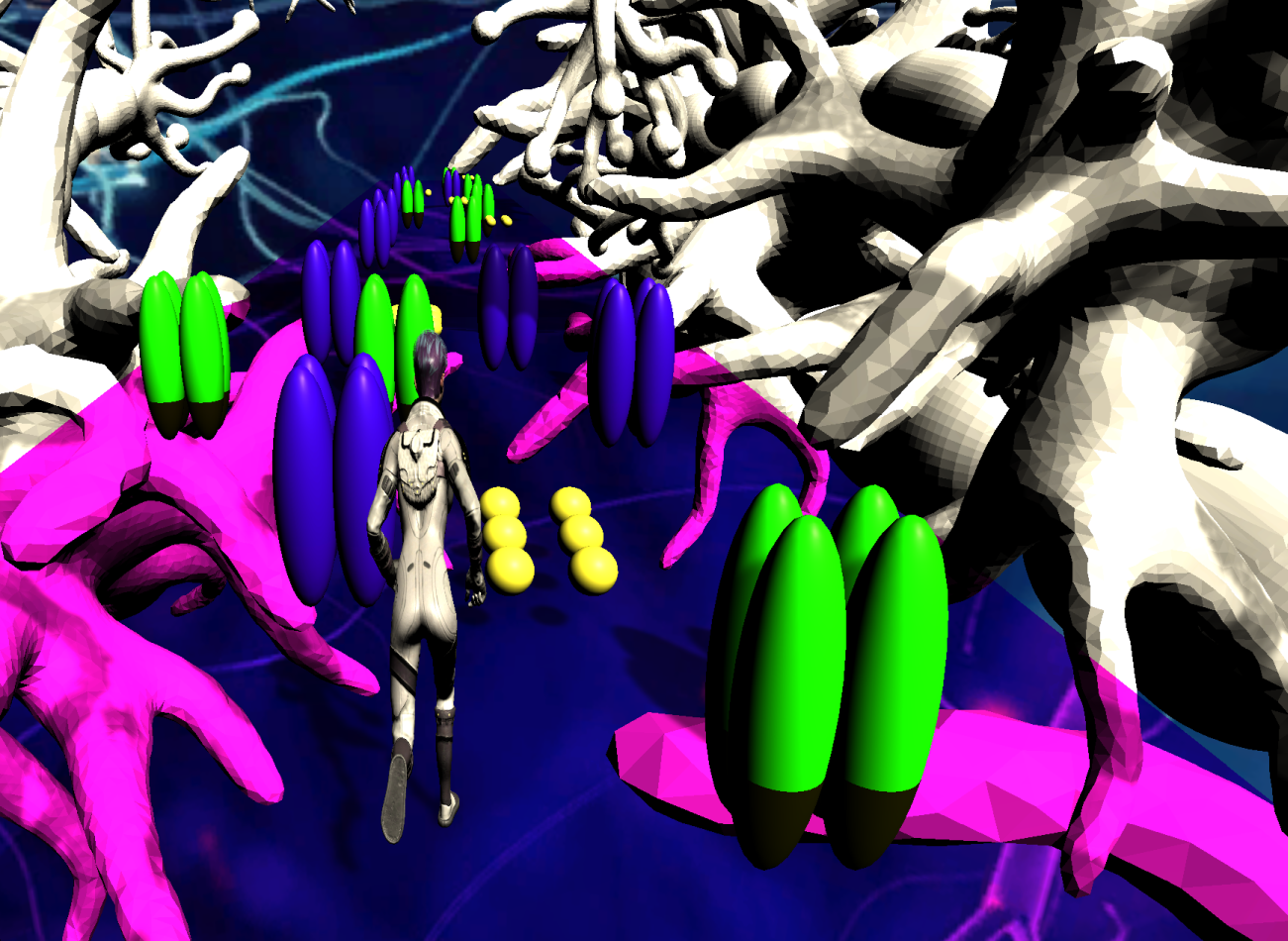
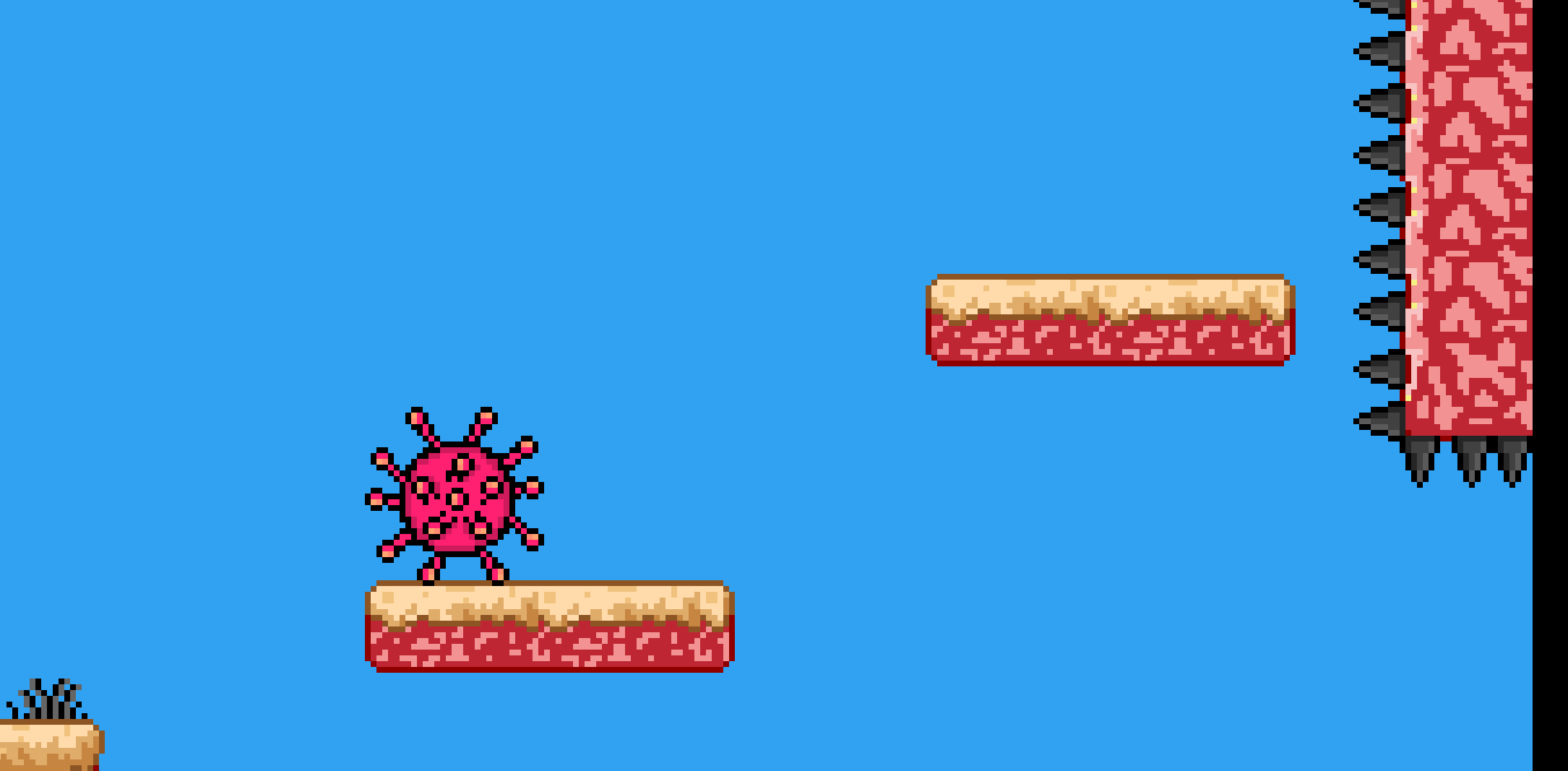
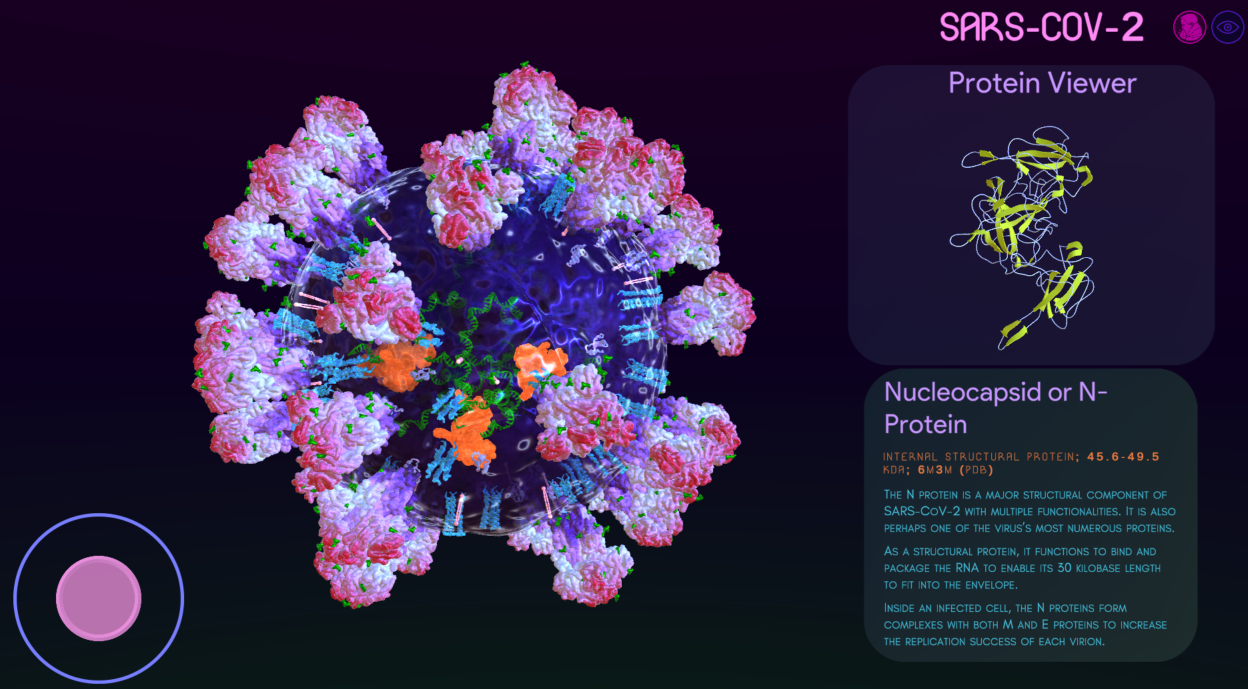
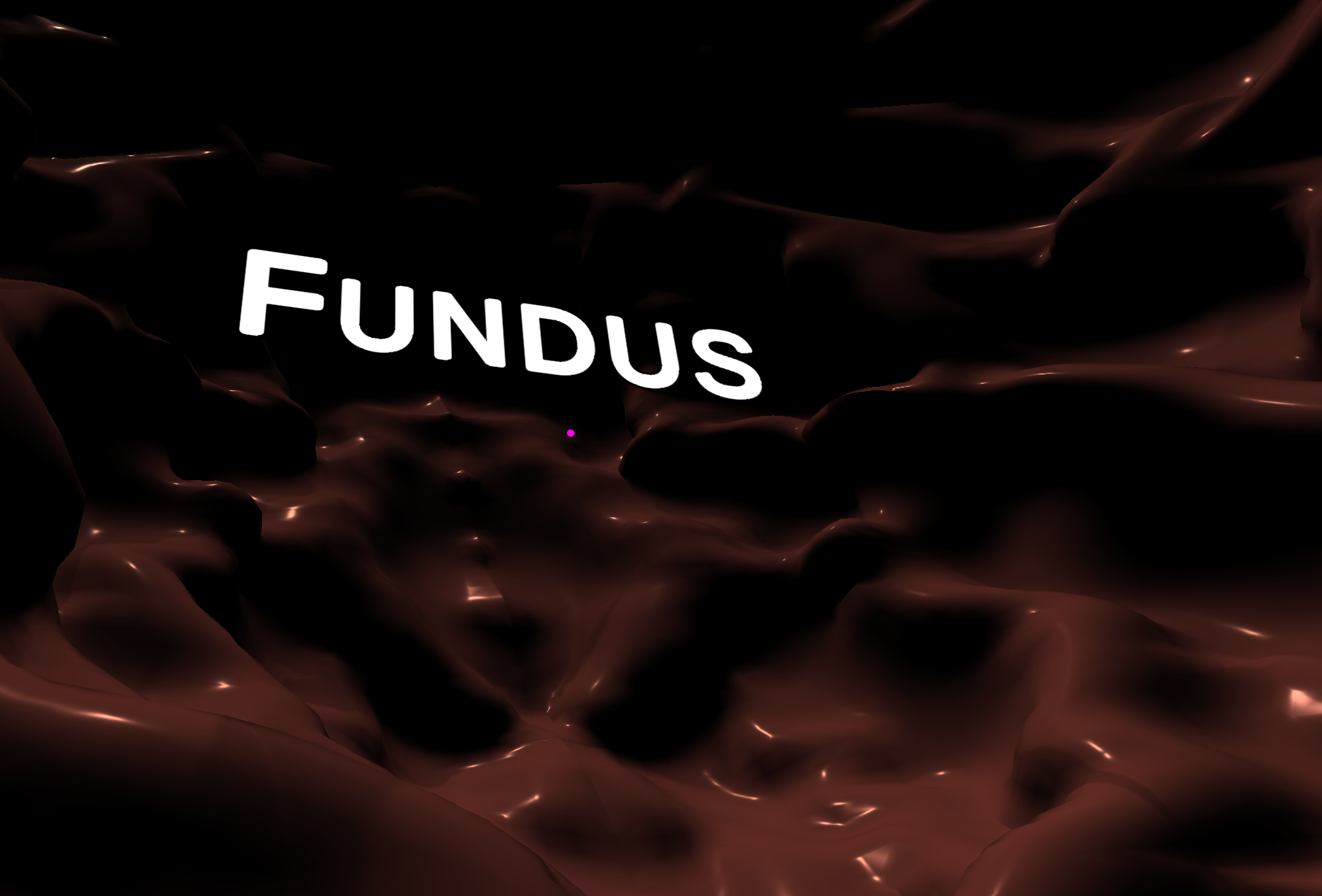
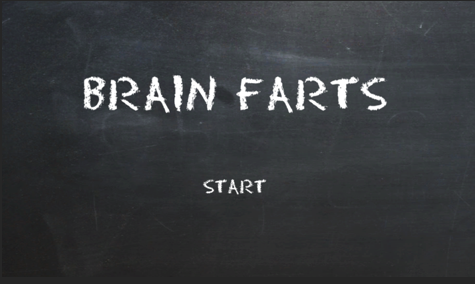
Moving forward we plan to expand this offering into other disciplines, as we understand that a driven and capable student cohort, will help create leaders in a range of verticals in the future, which will allow them to attack difficult and wicked problems from a truly cross disciplinary angle.
We also plan to continue to iterate the MedsUnited tool to better service the first year cohort. While the ability to code is important in the greater context of digital fluency, it's also important to give the students a sense of accomplishment, balancing this is where we will be focusing in the future. It feels very good to have created a real-world experience, just ask our students.
"We submitted our project a few days ago, and we're all so happy with what we were able to produce."
Just something I would like to also share with the teaching staff of MEDS1001, I had an interview for a full-time position at a medical company and one of the skill set they asked for was Unity. During the interview, I was able to show the interviewers our virtual gallery, and they were quite excited to see the virtual gallery and asked a few questions about the possibility of implementing VR. Tomorrow, I will be visiting their company to meet their engineers and attend their R&D meeting. Once again, thank you MEDS1001 teaching staff for preparing students for the graduate qualities and state of the art programming skills that the employers are looking for.
We are seeking permission to share these games with all of you, watch this space.
